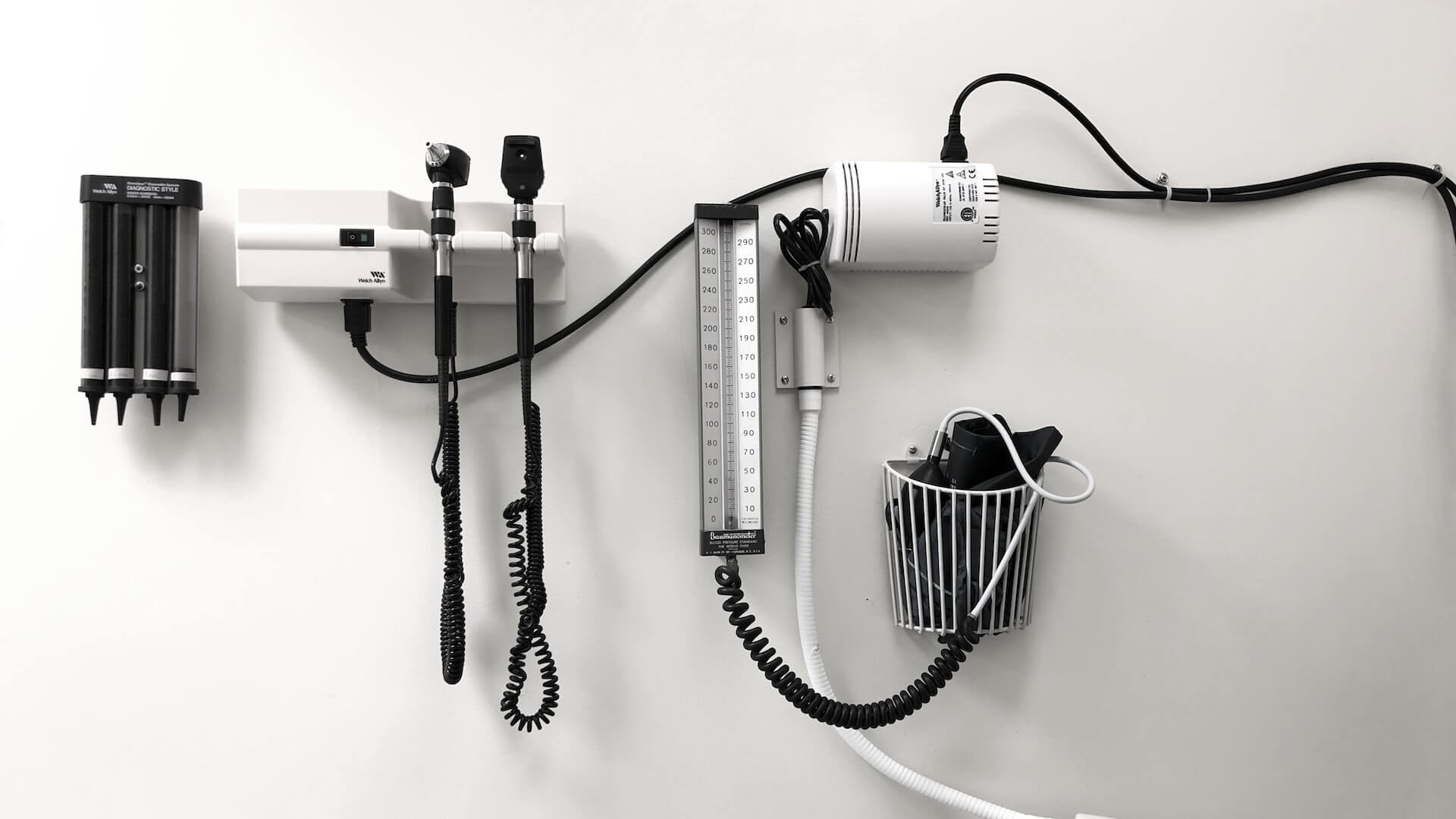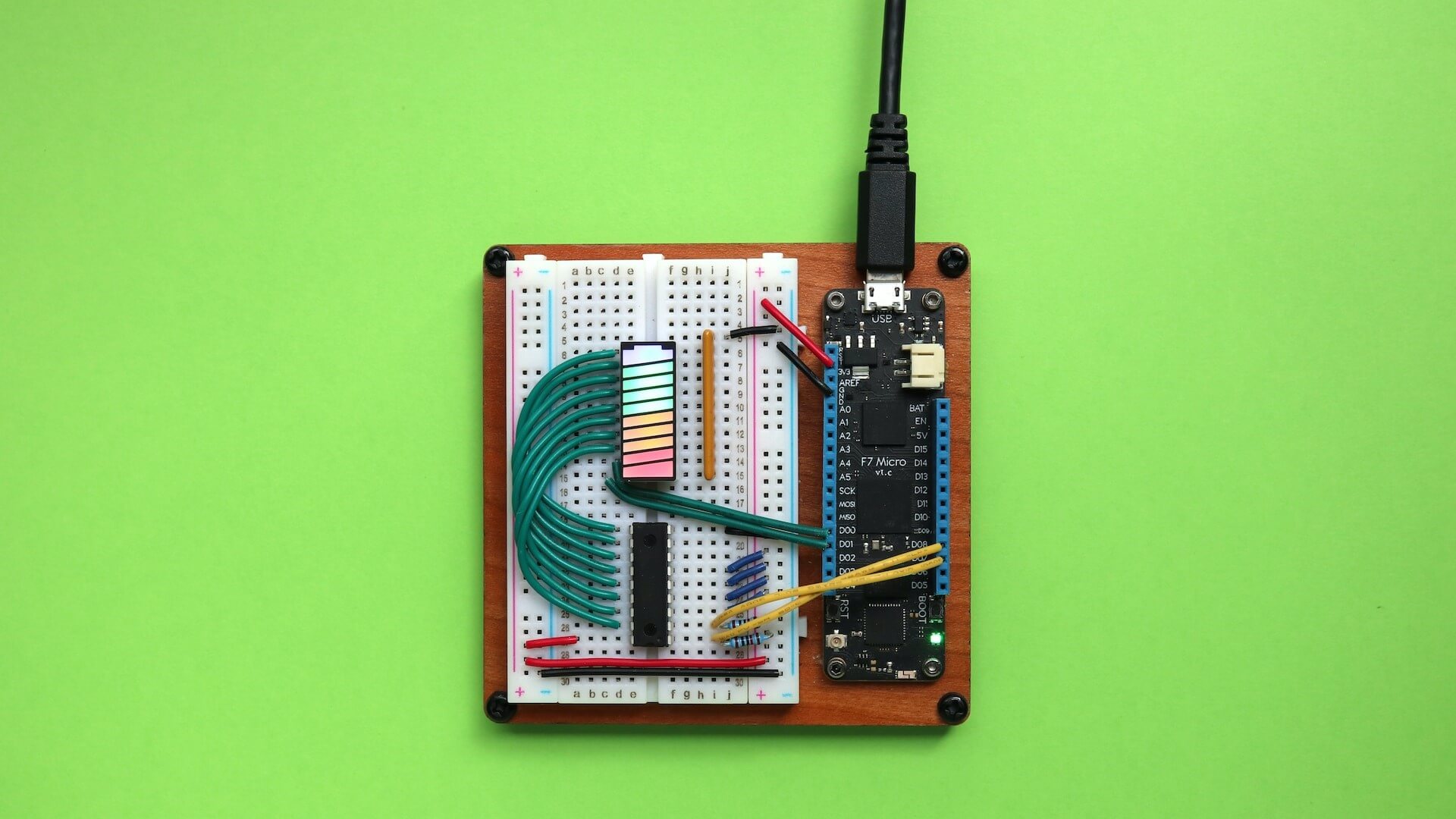
In about a year, IBM plans to shut down Watson IOT platform services on its cloud. As reported in the press, the blue giant will pull the plug on the Watson IOT platform on Dec. 1, 2023, eight years after it opened in Munich, Germany. At its launch that year, IBM said the project would "extend the power of cognitive computing to the billions of connected devices, sensors and systems that make up the Internet of Things," which will be achieved through the IBM Watson IoT Cloud.
The shutdown announcement of the Watson IoT platform follows a similar announcement made by Google Cloud a few months ago. In August, Google Cloud said it would discontinue its core IoT services and give customers a month to migrate their IoT devices.
These back-to-back announcements have forced people to think about the overall future of the IoT.

What's happening to the IoT?
While the IoT is undergoing significant development and innovation, it has deviated significantly from its initial intended goals. As Sunil David, an IoT thought leader and former regional director at AT&T, says, most IoT deployments are happening in the areas of cost reduction and efficiency - some of the areas most relevant to profit. We rarely see IoT spending on revenue generation and customer experience improvement.
There has been a lot of hype in the past about the growth of IoT and great expectations about the potential for widespread adoption, and unfortunately, IoT adoption has not lived up to expectations," he says. This is because IoT, in its traditional sense, is not sufficient as a standalone technology to make meaningful commercial profits."
From an investor's perspective, this logic also holds true. Suresh Narasimha, managing partner at CoCreate Ventures, a venture capital firm that invests in high-tech startups, says investors like him are looking for more vertical opportunities where IoT is part of the overall story rather than a prerequisite.

As an early stage investor, the lesson we have learned from investing in the high-tech space is that while early stage investors are interested in IoT companies, that is not the case for later stage investors," Suresh Narasimha said. The B2B space is currently witnessing larger deployments and investments. But on the consumer side, as investors, we are not seeing big investment activity about IoT outside of our campuses. It could also be that IoT requires extremely different thinking to innovate solutions in the consumer space."
"In addition, IoT devices can be expensive, making it difficult for many people to adopt the technology."
Not always true in practice
Industrial applications have saved the technology from becoming completely obsolete. Today, key IoT application areas include manufacturing, transportation, energy, utilities and logistics.
When it comes to industry applications, IoT relies on the development of another major technology trend - the digital twin. Defined as a digital representation of a real-world system or product, the digital twin is built on top of the inputs received from IoT sensors. By adding data analytics, the digital twin can optimize IoT deployments for maximum efficiency.

In addition, emerging technologies such as artificial intelligence and data analytics help get the most out of the IoT. Fond, an IoT-based smart pet care company, is trying a similar approach, says Prarthana Bhat, co-founder and director of Fond: "IoT and data analytics are now being incorporated into health technology solutions, even for pets. At Fond, we are using these in wearable technology for preventive health care for pets. The data from these devices can be used for preventive care and lifestyle changes."
As David says, in the near future we will see the emergence of AIoT, which is a combination of artificial intelligence and the Internet of Things. While IoT helps extract data from physical assets, AI and machine learning will add context to the data and provide meaningful insights and predictive outcomes.
Of course, the future of IoT will be different from what was initially envisioned, and IoT will certainly flourish with the collaboration of other advanced technologies.






